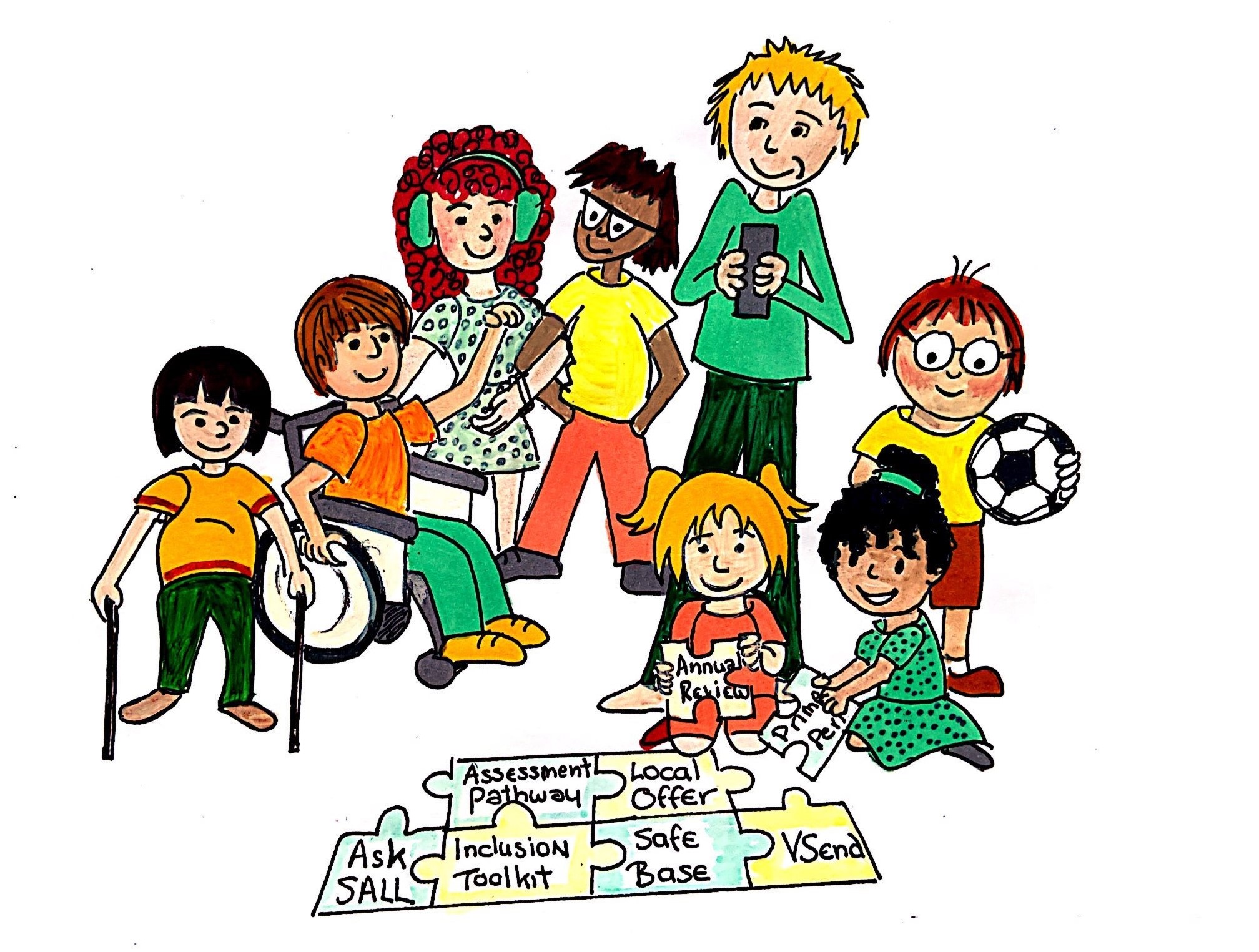Description of need
Children and young people can experience a wide range of social and emotional difficulties.
These include becoming withdrawn or isolated, as well as displaying challenging, disruptive or disturbing behaviour.
These behaviours may reflect underlying mental health difficulties such as anxiety or depression, self-harming, substance misuse, eating disorders or physical symptoms that are medically unexplained.
Children presenting social, emotional and mental health difficulties may act unpredictably, unusually or in an extreme fashion in a variety of social, personal or physical settings.
Severely withdrawn or passive behaviour may be as significant an indicator as aggressive or very strange behaviour or behaviour not in line with the child/young person’s chronological age.
Behavioural difficulties do not necessarily mean that a child has SEND and should not automatically lead to a child being registered as having SEND.
Consistent disruptive or withdrawn behaviours can be an indication of unmet SEND. Where there are concerns about behaviour,work will be done to determine whether there are any causal factors such as undiagnosed learning difficulties, difficulties with communication or mental health issues.
If housing, family or other domestic circumstances may be contributing to the presenting behaviour, a multi-agency approach, supported by the use of the early help Team Around the Child (TAC) plan may be appropriate.
In all cases, early identification and intervention can significantly reduce the need for more expensive and intensive interventions in the long-term.
Emotionally Based School Avoidance (EBSA)
EBSA is a broad umbrella term used to describe a group of children and young people who have severe difficulty in attending school due to emotional factors, often resulting in prolonged absences. A clear distinction is made between those that are absent from school due to truanting and those that are absent from school due to the specific emotional distress that they experience around attending school.
It is crucial to intervene early in EBSA since the longer it continues, the slimmer the chances of full recovery. Schools should follow the 'EBSA Ladder' when there are concerns, using the ATTEND Framework to identify the issues and the EBSA PSP to address them.
If additional resource is required because there is no progress despite the graduated approach in place, then SENCos are advised to contact Ask SALL for an EBSA consultation. ATTEND outcomes and EBSA PSP will need to be submitted prior to consultation, for the panel to fully understand the challenges and the approach taken


